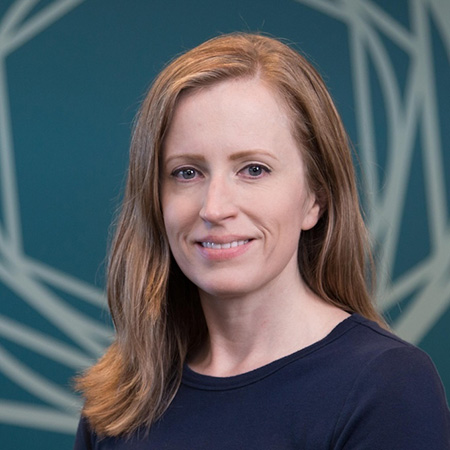Nouvelle politique de contrôle AWS
AWS has released an important new feature that allows you to apply permission boundaries around resources at scale called Resource Control Policies (RCPs). Read on to learn what RCPs are all about and how to use them, as well as how Tenable Cloud Security already factors them into its analysis.
The Dark Side of Domain-Specific Languages: Uncovering New Attack Techniques in OPA and Terraform
Check out our deep dive into both new and known techniques for abusing infrastructure-as-code and policy-as-code tools. You’ll also learn how to defend against them in this blog post which expands on the attack techniques presented at our fwd:cloudsec Europe 2024 talk “Who Watches the Watchmen?…
Who’s Afraid of a Toxic Cloud Trilogy?
The Tenable Cloud Risk Report 2024 reveals that nearly four in 10 organizations have workloads that are publicly exposed, contain a critical vulnerability and have excessive permissions. Here’s what to watch for in your organization.
Securing Financial Data in the Cloud: How Tenable Can Help
Preventing data loss, complying with regulations, automating workflows and managing access are four key challenges facing financial institutions. Learn how Tenable can help.
How To Protect Your Cloud Environments and Prevent Data Breaches
As organizations create and store more data in the cloud, security teams must ensure the data is protected from cyberthreats. Learn more about what causes data breaches and about the best practices you can adopt to secure data stored in the cloud.
CVE-2024-8260: SMB Force-Authentication Vulnerability in OPA Could Lead to Credential Leakage
Tenable Research discovered an SMB force-authentication vulnerability in Open Policy Agent (OPA) that is now fixed in the latest release of OPA. The vulnerability could have allowed an attacker to leak the NTLM credentials of the OPA server's local user account to a remote server, potentially…
CISA and NSA Cloud Security Best Practices: Deep Dive
Recent cloud security guidance from CISA and the NSA offers a wealth of recommendations to help organizations reduce risk. This blog highlights key takeaways, provides further insights from CIS, and explores how utilizing cloud security posture management (CSPM) and cloud-native application…
How to Unlock Advanced IoT Visibility for Cyber-Physical Systems
As the number of IoT devices deployed globally continues to rise, cyber-physical systems and business operations are exposed to greater risk. Improving asset visibility, monitoring and risk management are critical steps to preventing breaches.
Établir un programme de sécurité du cloud : meilleures pratiques et enseignements reçus
En développant un programme de sécurité du cloud pour Tenable, nous avons été amenés, nous l'équipe Infosec, à poser de nombreuses questions et avons été confrontés à des défis pour le moins intéressants. Pendant tout ce processus, nous avons tiré des enseignements de valeur et intégré des meilleures pratiques essentielles. In this blog, we’ll discuss how we’ve approached implementing our cloud security…
An Analyst’s Guide to Cloud-Native Vulnerability Management: Where to Start and How to Scale
Cloud-native workloads introduce a unique set of challenges that complicate traditional approaches to vulnerability management. Learn how to address these challenges and scale cloud-native vulnerability management in your org.
Mastering Containerization: Key Strategies and Best Practices
As organizations modernize their infrastructure, containers offer unparalleled flexibility and scalability but they also introduce unique security challenges. In this blog we explain container security challenges, identify top threats and share how the newly released Tenable Enclave Security can…
CloudImposer: Executing Code on Millions of Google Servers with a Single Malicious Package
Tenable Research discovered a remote code execution (RCE) vulnerability in Google Cloud Platform (GCP) that is now fixed and that we dubbed CloudImposer. The vulnerability could have allowed an attacker to hijack an internal software dependency that Google pre-installs on each Google Cloud Composer…










